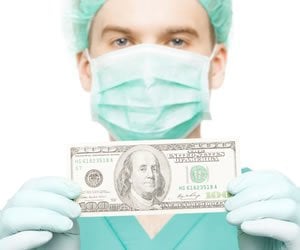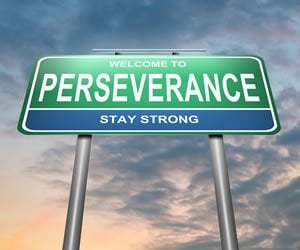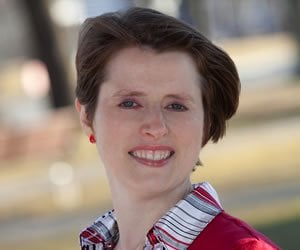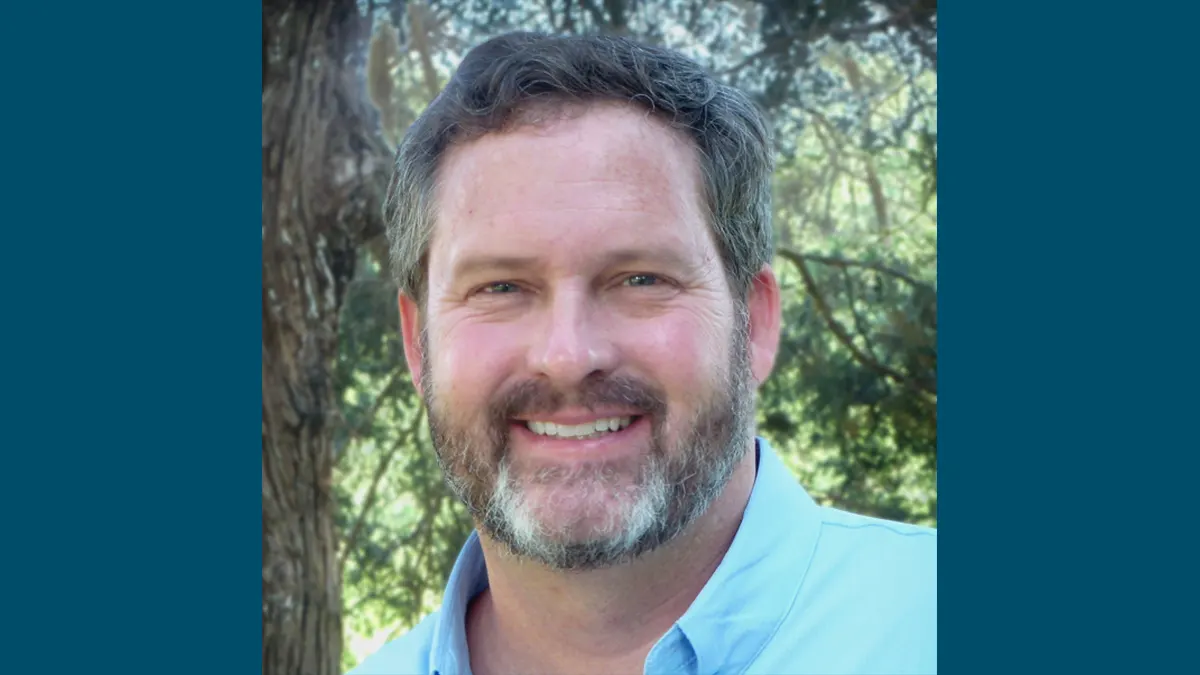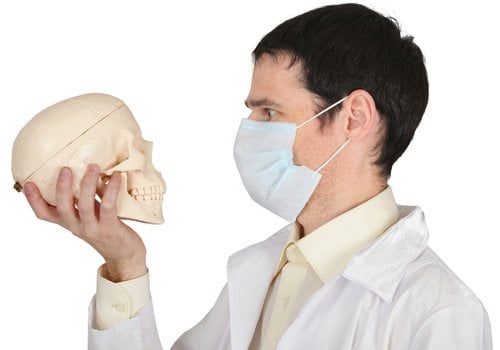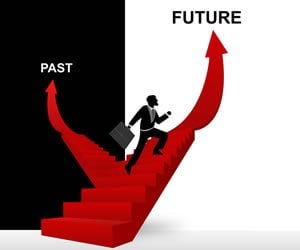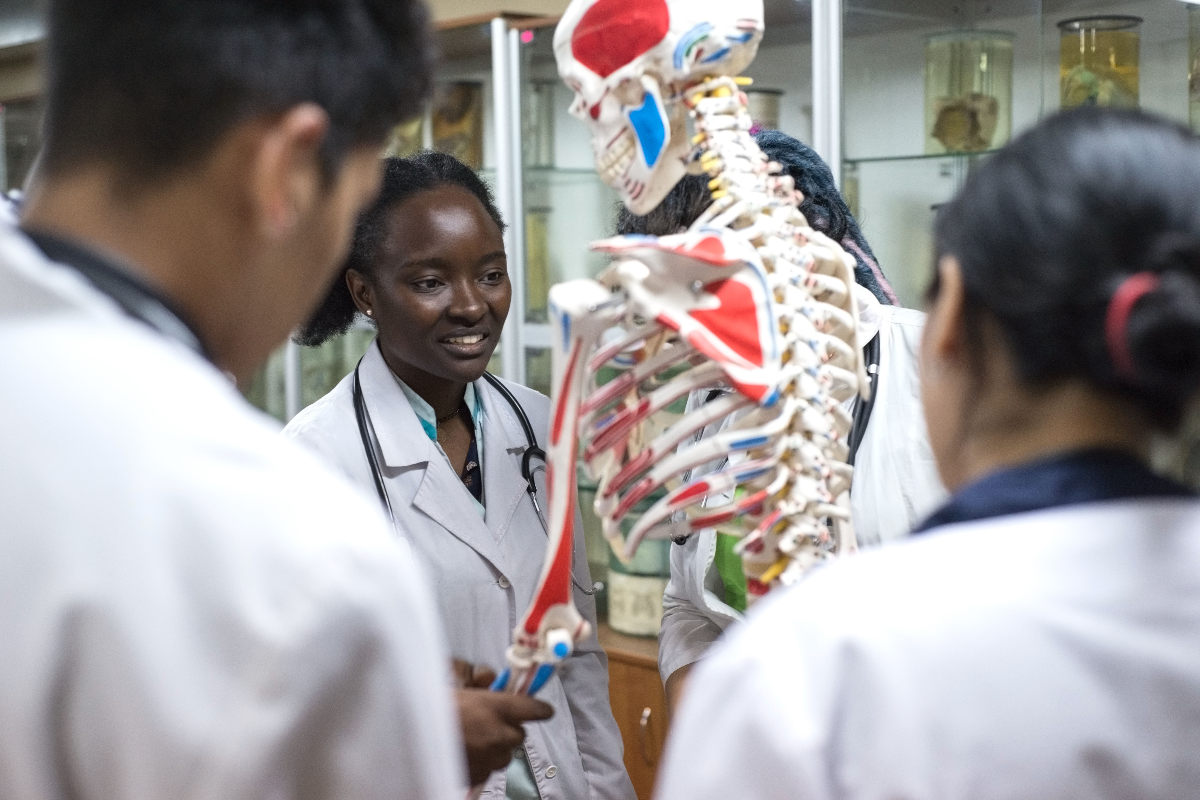With over 30 years of experience in both medical and academic sectors, I can’t stress enough that the perception of business and patient care being mutually exclusive is one of the largest falsehoods of our time.
medicine
It's Not a Failure: Taking Personal Leave from Medical School
August 2, 2009 is a day that will be forever engrained in my mind. “We would like to offer you a seat into the class of 2017 if you’re interested,” was the most wonderful phrase I had ever heard in my entire life. I had made it. I got accepted into my top choice D.O. school, right in my home state! However, the changes that ensued hit me like a whirlwind. The call occurred on the first day of orientation. I had 24 hours to pack all my things, move three and a half hours away from home, find a place to live, and start class on Monday. Of course there was slight hesitation in my mind, wondering if I should take a year off because I wasn’t prepared to go that fall. I didn’t even think I would get accepted, and here my dream came true!
20 Questions: Rebecca A. Lubelczyk, MD, Correctional Healthcare
Rebecca A. Lubelczyk, MD, is a utilization review advisor physician for Massachusetts Partners in Correctional Healthcare in Westborough, MA, and associate clinical professor of family and community health at University of Massachusetts Medical School in Worcester. Lubelczyk received a bachelor’s degree in biochemistry from Vassar College (1992), and her MD from University of Massachusetts (1996). She completed a residency in general internal medicine at Brown University School of Medicine, Rhode Island Hospital (1996-1999), followed by a residency in post graduate year 2 and 3 at the outpatient community site at Rhode Island Department of Corrections (1997-1999). Dr. Lubelczyk also completed a general medicine fellowship at Brown University School of Medicine, Rhode Island Hospital (1999-2001).
20 Questions: John Hunt, MD, Pediatric Pulmonology/Allergy/Immunology
Dr. John Hunt discusses his varied career as a pediatric asthma specialist, military physician, academic, novelist, and entrepreneur, and offers some advice for students.
Six Ways to Make the Most of Your Summer
Make the most of your summer to round out your medical school applications.
Practical Advice for the Medical School Applicant
As students begin to prepare for the next cycle of medical school application, I want to review some of the practical pieces of advice that every applicant should know. The actual process of applying to medical school is resource intensive: it costs thousands of dollars, hundreds of hours, and will strip you of many relaxing weekends that you would have otherwise enjoyed. Since you’ve made the decision to apply, here are some things that will help you make the best of it.
Remember that your MCAT score is a number. Your GPA is a number. These two things make up a major component of your application and you can’t change either of them now. You can’t change your letters of recommendation, either. The personal statement is a modifiable aspect of your application at this point, so you want to make sure to do a good job on it. But what else is there?
The answer to this lies in the details. This is what separates a good application from an excellent application. It is also what could separate a marginal application from one that gets an interview invitation. Every year, there are a few key mistakes that really put some students at a disadvantage. When schools are looking to offer acceptances, they are not only looking for good students. In addition to being smart, they are looking for people who will one day care for patients and be their colleagues. It is no surprise that those selected to become student doctors are usually meticulous, mature, intelligent, team players, and caring. Your application needs to reflect this.
Navigating Your Future: A Roadmap to Specialty Exploration
Congratulations! You’re in medical school. What you will soon realize is that your answer to “What do you want to be when you grow up?” is going to have to change. Simply saying “doctor” is no longer enough. You need to start to figure out what kind of doctor you want to be. And, although applying to residency may feel very far off, there are steps you can do starting in your first year to help you pick the specialty that best suits you.
Most of us have fairly limited exposure to different specialties as pre-meds; mine consisted primarily of shadowing cardiothoracic surgeons. Yet there is a huge diversity among medical specialties, some of which you may have never heard about. Physiatry, anyone? Others you know of can be quite different than what you had envisioned. A friend of mine recently shadowed an interventional radiologist and was surprised by the surgical nature of the specialty.
Letters of Recommendation for Medical School: Everything You Need to Know
Letters of recommendation can be one of the most important parts of an application. Here we answer some of the most commonly asked questions about LORs.
The Dual Path: What to consider when considering an MD-PhD
“When you come to a fork in the road, take it.” – Yogi Berra
I was sitting in the back of a filled auditorium listening to a presentation about the medical school application process when I heard the question that would forever change my life’s trajectory. “What about MD-PhD programs?” a woman sitting somewhere down in front asked. That was the first time I had heard of the dual degree program. Having struggled to decide on my career path, this seemed like the best of all worlds: I could get an MD and a PhD.
You're Not Alone: Mental Health Issues During Medical School
Confidential help is available for the upwards of 1 in 4 medical students who meet the criteria for depression.
20 Questions: Marc F. Stern, MD, MPH, FACP, Correctional Health Care
Marc F. Stern, MD, MPH, FACP, is a correctional health care consultant in private practice. He received a bachelor’s degree in biology from University at Albany (1975), and started his medical studies at Universitélibre de Bruxelles, facultéde Médecine in Brussels, Belgium, and transferred to University at Buffalo School of Medicine where he received his MD (1982). He completed a one-year residency in internal medicine at University at Buffalo Affiliated Hospitals (1985), and a VA/NIH fellowship in primary care medicine and health services research at Regenstrief Institute in Indiana and Richard L. Roudebush Veterans Administration Medical Center (1992). Dr. Stern received his MPH from Indiana University School of Public Health in Bloomington (1992).
Three Tips to be an All Star First Year Medical Student
1. You need to view the process of learning differently. One of the biggest challenges to starting medical school is the paradigm shift that must occur from your studies as an undergraduate student. Though many of you may not go directly to medical school from undergrad – the average age of matriculating medical students is around 24 – you may still be holding onto your study habits from your college days.
Post Undergrad: Getting Ready for Medical School or a Gap Year
For many students interested in a career in medicine, the period after the final year of undergraduate education represents a time of transition to medical school or to furthering their experiences and their education in preparation for applying to medical school. This month’s article from the Association of American Medical Colleges (AAMC) focuses on those two pathways.
The National Health Service Corps: Cutting Student Debt and Promoting Primary Care
The National Health Service Corps creates a win-win for doctors and underserved communities by financing medical education and bringing health care to those who need it most.
A Call For Compassionate Doctors
Remember—actions speak louder than words, kindness counts
By Mary Calhoun
I had been terribly sick for three months before finally going to the doctor. It felt as though I had the flu and just couldn’t shake it. The doctor did the necessary tests and told me he thought I had lupus. Since one of his patients had just died from the disease, he wanted me to see another doctor; he could not have picked a better one.
The rheumatologist I saw a week later did a ton of lab work on me, but not before asking a boat load of questions and attentively recording every word. I noticed the concern in his voice and wondered if I should be worried. When I returned a week later, the doctor walked in with solutions to how we would kick the monster.
Emergency Medicine: Can a Sizzling Hot Specialty Burn You to a Crisp?
Academic Medicine? No way! (But are you so sure?)
The doctor business is win-win: doctor wins, patient wins. In sharp contrast, the legal profession is a win-lose dichotomy. That is one reason why we choose medicine. It is a huge difference in psychology that gets into our very bones. Becoming a doctor is a highly noble pursuit. Being a doctor is fun, exciting, worthwhile, productive and assuredly positive. Doctors create wealth in the world by increasing the ability of people to pursue their happiness. What in the physical realm could be more worthwhile than that?
But medicine can be an all-consuming life choice. Before embarking on it, ask yourself if you can tolerate sacrificing a large percentage of everything else you enjoy to do, and everyone you like to be with, for a long time. The job is great. No doubt about it. But don’t naively minimize the sacrifices. Is it worth the sacrifice? Don’t let anyone other than you decide that.
The Seven Habits of Highly Successful Medical Students
Congratulations! You’ve made it through O Chem, survived your MCAT, traipsed around the country to every interview you could fit in your budget, and received that elusive acceptance email. Once you take a moment to celebrate, you will realize that the real challenge lies ahead. Medical school serves as the launch pad to your career and excelling there can open the door to opportunities. Whether you want a career in academics or private practice, psychiatry or radiology or orthopedic surgery, doing well in medical school is critical to getting into the residency that will get you there. But how do you “do well”? “Study hard and do well in your clinical years” was advice I heard a lot, but hardly pointed the way to success. Now, as a fourth year medical student, I realize there are certain key habits of the successful medical student. I wish I could claim all the habits for myself – rather, they are an amalgam of what I’ve learned and what I’ve observed in others. They can help lay the foundation to your successful future.
Studying Medicine in Europe
The number of North American students attending European medical schools is increasing, but studying medicine in Europe is not without its challenges.

